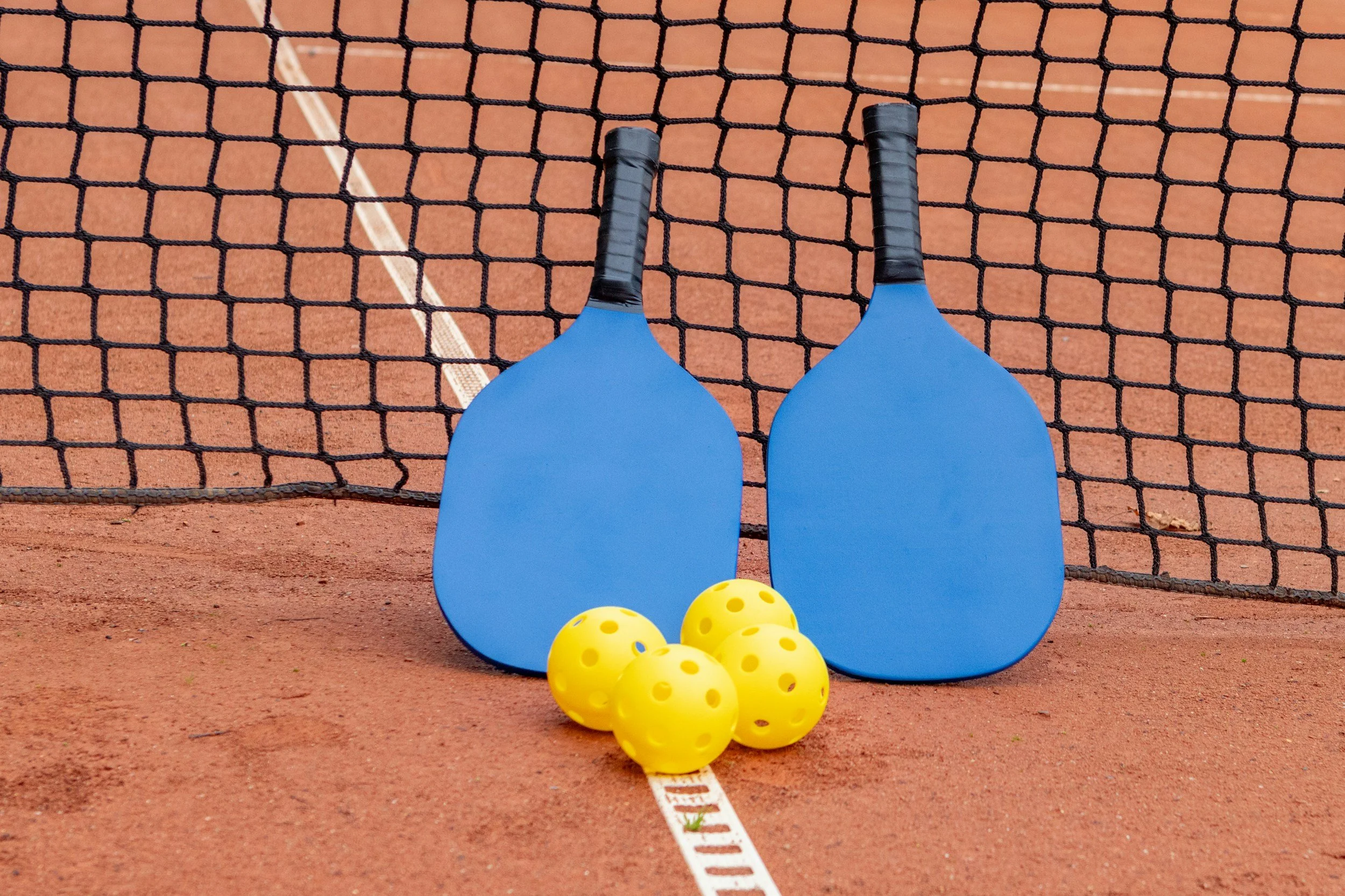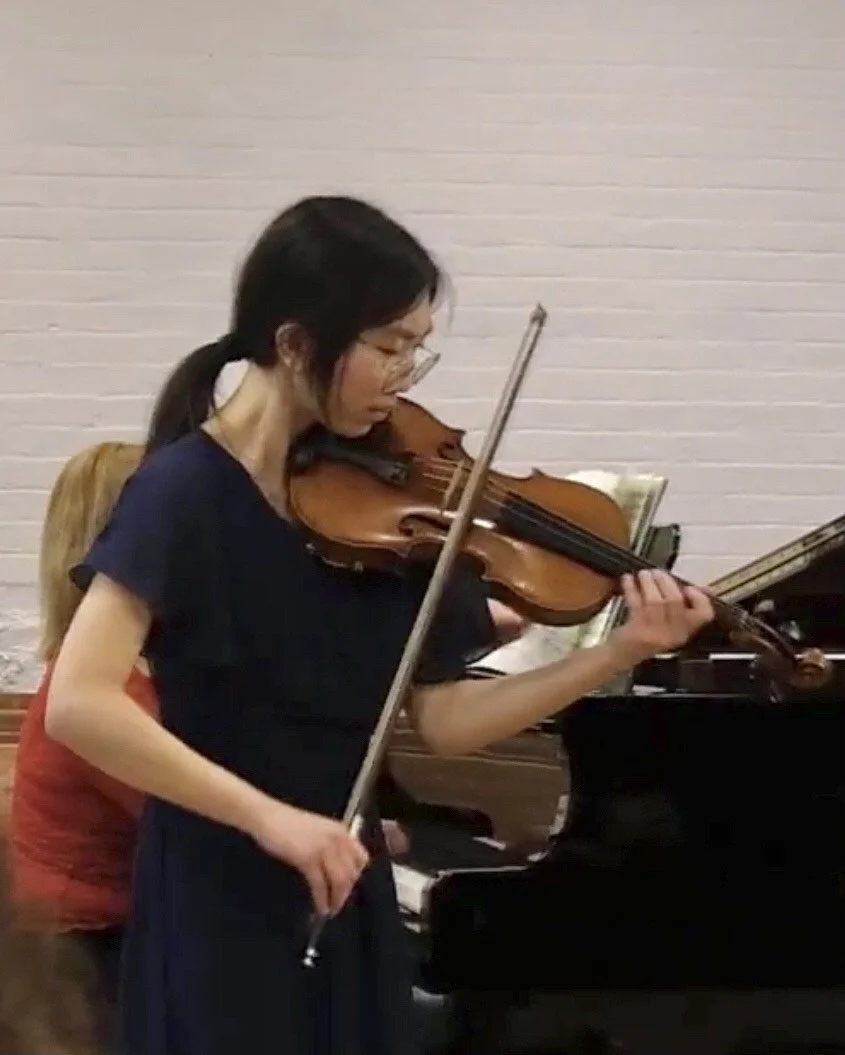By Erica Patino
In first grade, Erica had still yet to meet anyone else her age living with hearing loss.
My hearing loss began before I even finished preschool: By all indications, I had typical hearing in my earliest years and developed speech normally. But when I was 4, a babysitter told my parents she noticed that I didn’t respond when I was watching TV and she called my name from behind and told my parents. My mother herself was diagnosed with significant hearing loss at age 24, shortly before she became pregnant with me. Although in my mother’s family there was some history of hearing loss in later years, there wasn’t any record of such acute hearing impairment so early in life—so my mom and I were, and still are, the genetic anomalies.
My parents promptly took me to an audiologist, who diagnosed me with a mild-to-moderate hearing loss. I was fitted for hearing aids at age 4 and a half. I coped as well as I could, but it was an overwhelming adjustment, especially since I was so young and then attended a mainstream school where everyone else had typical hearing.
Growing up in the 1980s, the message that I could achieve as much as my typical-hearing peers just did not exist. I can distinctly remember a school administrator telling my mother that I was going to struggle in my classes, as if I wasn’t even there in the room (and I heard him loud and clear). I felt like I had to try harder than everyone else and simultaneously hide my hearing loss for fear of ridicule or failure. Living with this kind of pressure tipped me towards anxiety, something I would struggle with for years—although, like most anxious people, I wasn’t even aware of it; that was just how I operated.
When I was in fourth grade, a new girl named Carrie joined my class. Like me, she had a hearing loss! She had transferred from a school for kids with hearing loss to our mainstream school. I was no longer the only kid with a hearing aid in my school. And unlike me, Carrie wasn’t self-conscious about her hearing loss at all. She approached life with a joyful, uninhibited spirit that lifted me up too. We’re still best friends today.
Carrie, who also has a hearing loss, has been Erica’s best friend since fourth grade.
Now at the age of 41, I view my hearing loss very differently than I did in my childhood, although vestiges of all that pressure still remain. I don’t see it as a failure on my part or something I have to hide; it makes me different from other people my age, and no doubt complicates my life, but it’s also not the end of the world. Our culture has shifted too: We are more mindful of people who are differently-abled, instead of shuffling them off to the corners of society. The world of accessibility has made closed captions far better and more common. The Americans With Disabilities Act protects us in the workplace. Hearing aid technology is better as well.
Despite my comfort with where I am in my journey, I also know that hearing loss still impacts every aspect of my life. Since my initial diagnosis, my hearing loss has progressed to moderate-to-severe. I don’t know how my hearing loss will evolve, but I pray that I will always be able to hear the voices of those I love.
In the absence of certainty, I’m doing what all of us must do: I’m writing my own future. I’m the mother of 2-year-old twin boys, Walter and Hugo. So far, they both have typical hearing, but I take them to get their hearing tested every six months based on my history. I’m more aware of how I conduct myself regarding my hearing when they are around; when necessary, I calmly ask them to repeat what they say. I check my tendency to feel embarrassed or frustrated if I can’t understand them, and instead, I smile and keep trying until I understand exactly what they said -- because I want to know everything about them! I’m resolved to do everything I can to make sure they grow up with a mother who is not ashamed of herself, but who is comfortable and confident in her own body. And I want them to see a mom who enjoys every sound she is able to hear to the fullest.
Erica is the mother of twin boys, Walter and Hugo. Both have typical hearing but, because Erica’s hearing loss is genetic, she takes them for hearing tests regularly.
I’m a writer by profession, too, which actually has nothing to do with my hearing—I come from a long line of writers in my family, and my love of written expression goes back as far as when I learned to put pen to paper. I've worked as a health writer and editor for many years. Since I know what it's like to live with a disability, I think I’ve been able to relate to people who have chronic health conditions and write about them perhaps more effectively than someone who's never had to struggle practically or emotionally with health challenges.
I also started my own website, Hear 2 Tell, because I know many people with hearing loss (myself included) who are hoping for better treatments beyond hearing aids and cochlear implants, but I couldn’t find a lot of editorial coverage on the subject. I've followed hearing research for decades, and have seen in recent years that there's been a greater surge in professionals, companies, and funding for this field. I’m writing about hearing research to give people with hearing loss hope, and ideally, to spur greater interest in this field so as to help accelerate funding and advances. I may not be a scientist, but I can use my skills to write the future I’m hoping for—for myself, my children, and the generations to come.
I believe the best way anyone with hearing loss can advocate for him or herself is to go out into the world and live with confidence. I’m still working on this every day. My advice for others with hearing loss is not to be afraid to tell people if you're having trouble understanding them, and to do so without embarrassment. You're simply creating communication that works for you, since it often doesn't exist on its own in the world, which is calibrated for people with typical hearing. View your hearing as something to adapt to, not something that defines you. And then as much as you can, be kind to yourself.
Erica Patino is the founder and editor-in-chief of Hear 2 Tell. She lives in Portland, OR.









Then it clicked: No one cared if I wore hearing aids back then, and no one cares now.